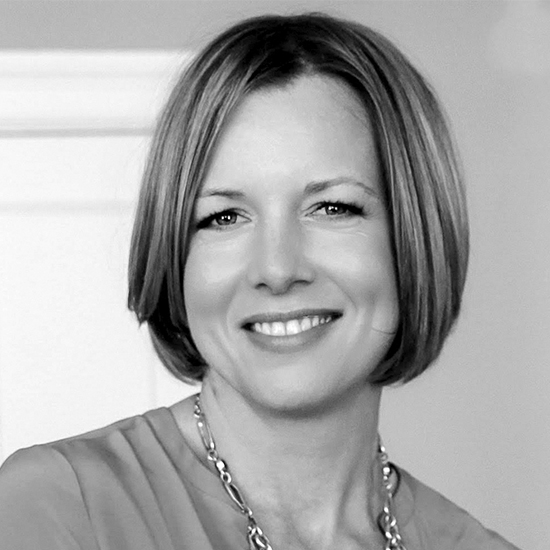Facing up to an unexpected funding technicality
The future was looking bright for Upper Street as the company continued to scale its upmarket online bespoke shoe design business.
The company’s principal investor Venrex Investment Management had invested about £750,000 alongside £250,000 from the British Business Bank. Upper Street had raised another £230k from a crowdfunding round. And Venrex was about to invest even more in the company.
“But at the 11th hour Venrex didn’t follow on with its funding,” explains CEO and co-founder Julia Elliott Brown. Any further investment would have taken Venrex over its Enterprise Investment Scheme threshold.
But Venrex hadn’t realised until the last minute that investing in Upper Street didn’t make any financial sense.
“We were doing a second crowdfunding round at the same time. But then we decided to pull the campaign and close the business because we weren’t confident that we were going to make it happen,” says Elliot Brown. Meanwhile, the company was going into the red, and as a director of a business “you can’t continue when the books don’t balance”, she adds.
Plan, know your investors, then plan more
Venrex had been “a very understanding and supportive VC”. But it hadn’t dawned on Elliott Brown and her sister and co-founder Katy Chandler that they would need an investment back-up plan. “We didn’t really have a quick enough plan B or plan C when Venrex decided not to follow on their money,” she explains.
In hindsight, Elliott Brown says they would have managed their capital very differently. Knowing your investors’ motivations and investment horizons are vital. So, financial planning over the short term and long term is critical as is “never taking your eye off the ball”, she says.
At Upper Street, we wrote a really comprehensive business plan but focused less on the financial forecasts.
Julia Elliott Brown, Upper Street
The human factor of raising capital
Without further substantial backing from the VC, “it felt like we were just pouring money into a hole, because we didn’t have enough to really scale the business”, says Elliot Brown. “My sister and I lost a lot of money. The VC lost money but for them it wasn’t a surprise because they take a portfolio approach to investing,” she says.
But for crowdfunding investors, it was a harder pill to swallow because Upper Street had already done a successful crowdfunding round, she adds.
“When you’ve got investors, customers, friends and family, and suppliers who are the ones investing in you and putting their faith in you, and then it doesn’t work,” says Elliot Brown. “This can be very tough for entrepreneurs.”
Focus on financial planning
In her new role as founder and CEO of Enter the Arena, Elliott Brown incorporates her lessons learned at Upper Street. She advises women entrepreneurs who want to raise equity finance for their high-growth businesses.
Doing a lot more financial planning at the start of the business and thinking about the funding journey are very important pieces of advice, she says. “At Upper Street, we wrote a really comprehensive business plan but focused less on the financial forecasts.”

